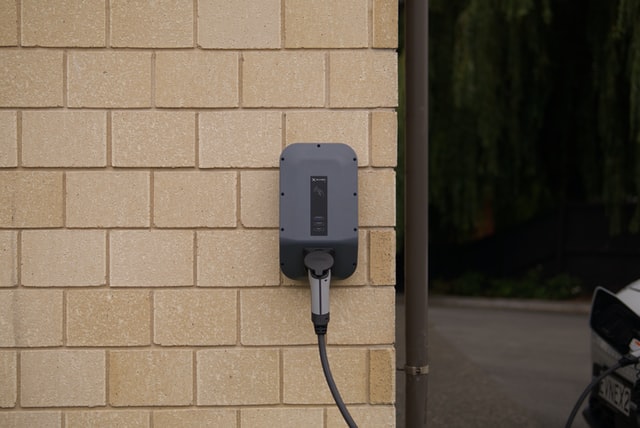
Today, the use of BiK, or Benefit in Kind, to compensate workers is a well-established practice in business. Mostly, employers view perks as crucial components for quality staff retention and a tool to maintain employee engagement. However, there are often uncertainties on what comprises a benefit and whether it has value for the worker.
Here is all there is to know about BIK.
What is a BiK (Benefit in Kind) Tax?
These are allowances that employees receive from their employment but aren’t included in the salary check as wages. However, they do carry a financial value. They’re sometimes referred to as fringe benefits.
You may receive it in the form of life necessities such as housing or financial like pension contributions. In some cases, benefit in kind can amount to 40% of the whole compensation package because of the value of the various items included.
Read more: Guide To Tax & Insurance Of Business Cars
Get a Beginners Guide to Fleet Taxes:
Types of Benefits in Kind
There’s a wide range of BIK that employers use to compensate workers, and this package can be as well-paid as your salary. Some of the most common items include:
- Moving and relocation expenses
- Use of a company car
- Pension or retirement benefits
- Childcare expenses
- Commuting expenses
Like the salary, these benefits are negotiable and can significantly impact your financial status as an employee. Keep in mind that employers reserve some of these perks for executives and employees working overseas.
Discover: GPS van tracking system
Who Has to Pay BiK Tax?
When it comes to benefit in kind car, it is essential to know the laws regarding it before negotiating a contract. And why’s that so? It helps you understand whether you’ll pay tax for the benefits or not. For instance, childcare and moving plus relocating expenses are normally tax-free.

Also, the use of company car and house allowances may go untaxed if the benefit is necessary to run employment duties. Remember, if your total income, including perks, surpasses €1,905 in a year, then you must pay the benefit in kind tax.
Additionally, if you receive a benefit for your civil partner, dependants, or family members, you must pay tax on it. Unlike other employees, a company director must pay tax regardless of their total income.
How Is BiK Calculated?

If you get a benefit in kind car and you complete a return, you must enter these values on your tax return employment page for the relevant year. Do this regardless of whether you’ve already paid tax on them under PAYE.
Besides, your employer should report to HM Revenue and Customs (HMRC) bearing details of allowances given to you. They must make the tax return on P11D forms, which lists all the relevant tax year’s expenses and benefits.
Calculating the benefit in kind car tax is a bit complex. The amount of tax you pay is the benefit in kind band multiplied by the P11D value multiplied by your tax bracket.
(BIK band) x (P11D Value) x (tax bracket)
Read more: Fleet Management System
Additional Things to Know

Calculating benefit in kind car tax for electric cars (EVs) greatly differs from petrol vehicles’ tax. According to a post published by the rouse Chartered Accountants, all EVs are at a 0% BIK tax rate in the 2020/2021 tax year, with rates rising to only 2% for the 2022/2023 year. That’s why it’s wise for companies to invest in electric company cars.
Whether you’re using petrol vehicles or EVs, Vimcar’s Fleet Geo can help you manage your fleet. The car tracking system is simple to use and install and is suitable for both EVs and petrol vehicles.
You may also like these other glossary terms: HGV Driving Hours, Company Car and Pool Car